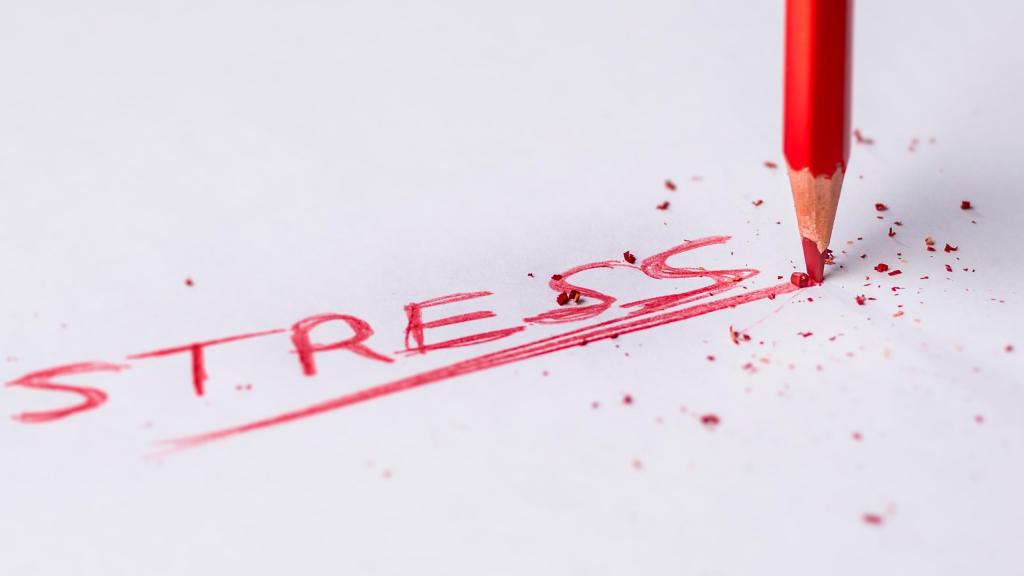Struggling With Relapse
Due to current stressors, many people are struggling with relapse. The National Drug Institute reports that 40 to 60 percent of people who go through addiction treatment relapse at least once and some relapse multiple times. The website TherapistAid.com provides an excellent free worksheet with Tips for Avoiding Relapse. The following is a condensed version of the TherapistAid.com worksheet:
Tips for Avoiding Relapse
The most important moment before relapse isn’t the final decision to use a substance or act out. It happens when you decide to expose yourself to triggers. Examples of triggers are going to a party or walking through the liquor section at the store. Before encountering triggers, you still have most of the control. Not your craving.
If you are feeling the urge to use, try to wait it out. If you distract yourself for even 30 minutes, it’s likely your craving will lessen in intensity. It might not totally disappear, but it will become easier to resist.
Focus on replacing your past use with new positive activities. If you used to go home after work and drink, you’ll need to make a new plan. Going home and staring at a wall will eventually lead to staring at a wall with a drink in your hand.
Do not try to do this alone. Sharing your goals for sobriety with a friend makes all the difference. They can hold you accountable when you are making questionable decisions. They can also offer support when you are struggling.
Remind yourself that cravings will pass. Have you ever had that experience when you are sick where you can not remember what it feels like to not be sick? The same thing happens with cravings. Give it time, and believe it or not, the feelings will go away.
You will have to make sacrifices beyond giving up the drug. If you previously used drug specific activities (watching a game on TV or going to concerts), you may need to make changes. This might mean not watching the game or making new friends who are sober. This can be really hard, but that’s what makes it a sacrifice.
Have a plan for when things get bad, because at some point, they will. People get fired, hearts get broken, and sometimes people leave us forever. Develop a plan to get through these major life challenges- without the use of drugs-before they happen.
Do not become complacent with your sobriety. If you someday consider having “just a glass of wine”, don’t make the decision lightly. If you have struggled with addiction in the past, you are much more likely to develop an addiction again.
If you do relapse, don’t give up. A lot of people find it helpful to keep track of how long they’ve been sober, but don’t confuse this count with the true goal of leading a good life. If you are at day 100 of sobriety, that’s great. However, if you make a mistake and end up back at day 0, know that you are not starting over (you gained knowledge, experience, and confidence). In other words: Slipping is not a license to go on a binge.
Come up with new rituals. How do you celebrate holidays, special events, or any other happy occasion? If your answer includes any sort of drug or acting out, you will want to get creative and figure out something new. Go wild with a hobby for the day, treat yourself to a nice dinner, or take a trip. Make sure it is something you get excited about.
During this stressful time, many people are struggling with relapse. When relapse occurs, people may have feelings of shame or regret. They might feel like giving up. These are normal reactions to relapse. The sooner a person recognizes relapse, the easier it will be to get back on track.






